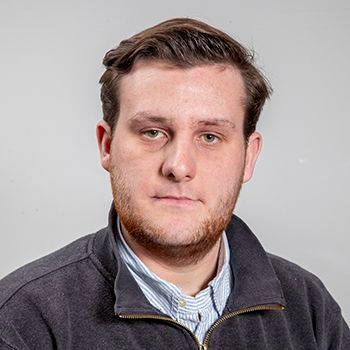In 2016, the doctor was registered to sit the generic surgical science exam, or GSSE. The exam is a prerequisite to enter the surgical education and training programme, in order to become a surgeon.
But the doctor never attended the exam, meaning she couldn’t have passed.
In February 2020, she arranged to sit the exam again, this time showing up, but failed.
Later in April, the doctor provided a forged letter, portrayed as a letter from an employee at the Royal Australian College of Surgeons, to an executive officer at the New Zealand Orthopedic Association, showing that she had passed the 2016 test.
She then applied for the surgical training programme in early March 2021 by using the same forged letter.
As is standard process, the programme attempted to verify her results but found no record she had sat the test in 2016.
There were noticeable discrepancies in the letter, including a spelling mistake and a small typesetting error.
On March 25, 2021 the college contacted the doctor and said they had no record of her passing the test.
They asked for a copy of the email confirming she had passed, but the doctor told the college she no longer had access to the account.
Five days later, she sought legal advice. She signed an affidavit declaring she had passed the test, that she had “no idea” why there were no records of her attendance, and that the forged letter was a legitimate document.
“In front of the Justice of the Peace, [the doctor] signed the affidavit she knew to be false,” lawyer for the PCC, Samantha Ward, said.
Ward said the offending amounted to “repeated dishonesty”.
Later, a college employee raised concerns with the New Zealand Medical Council. At that point, almost two years since forging the letter, the doctor admitted it was false.
Giving evidence, the doctor spoke of significant troubles in her life at the time she forged the letter, the details of which are covered by a suppression order.
“I made very poor decisions. I misled and was not honest. It is not possible for me to express how sorry I am about this,” she said.
Once she had lied, the fear of being caught made her feel like she had no option but to continue lying, she told the tribunal.
While both parties agreed the actions amounted to professional misconduct, there were disagreements on what the penalty should be.
Ward submitted that the offending was at such a scale it warranted a three-month suspension, while the doctors’ lawyer Matthew McClelland said a suspension was not warranted, but his client was willing to pay a contribution toward costs.
“She is an honest person. She’s a dedicated person, and a good doctor.
“On all the evidence before you, it is highly unlikely she will make the same mistake again.”
The tribunal, chaired by lawyer Theo Baker, ordered a penalty of two years’ supervision, a $4000 fine and an order to pay 40 per cent of both the tribunal and the PCC’s costs, totalling $14,898.
Her application for permanent name suppression was declined, but she will continue to have interim suppression for a further month.
